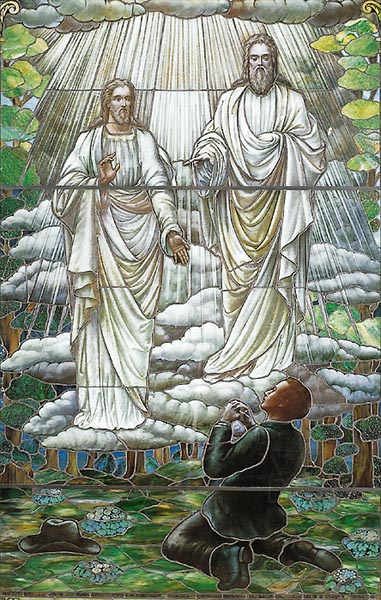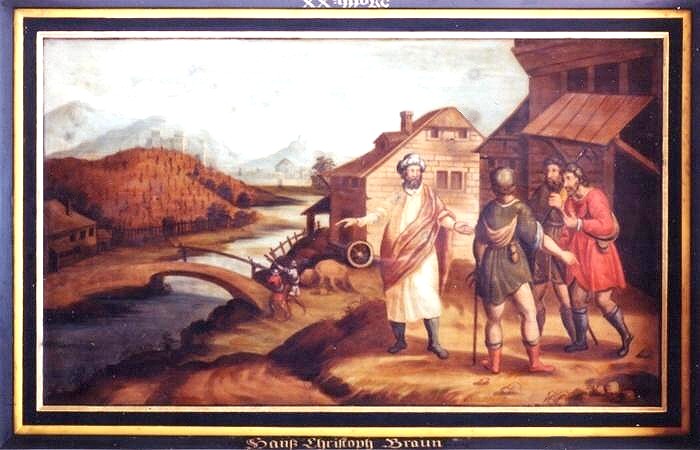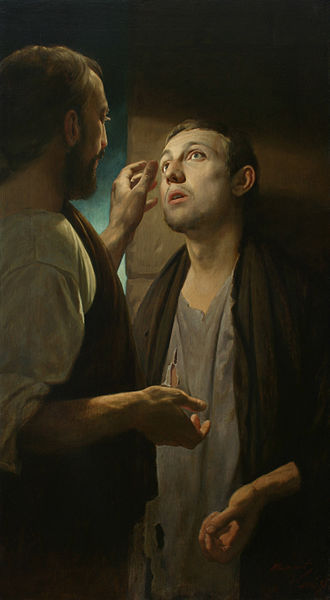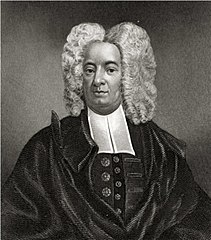Let no man despise thy youth; but be thou an example of the believers, in word, in conversation, in charity, in spirit, in faith, in purity.
1 Timothy 4:12 (KJV)
Gene Weingarten, an award-winning author and writer for The Washington Post, was trying to come up with a topic for his next book. While bouncing ideas off his editor, he said: “What if we randomly pick a day from the recent past—last 50 years or so—and write about what happened in the United States during those 24 hours?”
His editor liked it, and so the two of them, on New Year’s Day, 2013, headed to Old Ebbitt Grill in Washington where they imposed on some fellow oyster lovers to help them select a date between 1969 and 1989. Through the drawing of three numbers—a day, a month and a year—from an old green fedora, a day was chosen: December 28, 1986.
The two of them were crestfallen.
Continue reading “A Christmas Story”




